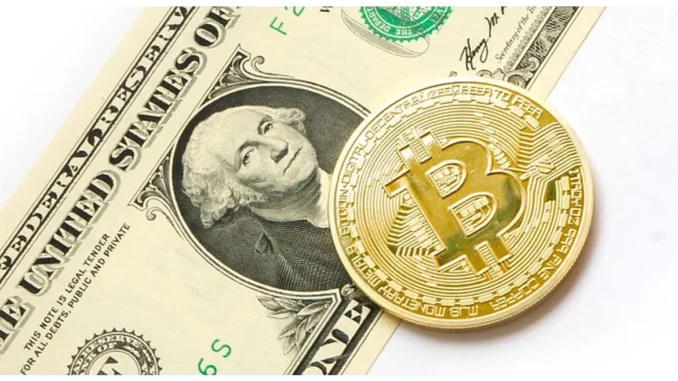
In the heart of San Salvador, a single decision has the power to alter the trajectory of one’s life. For Napoleon Osorio, a 39-year-old taxi driver, that pivotal moment occurred three years ago when he chose to accept Bitcoin as payment. This decision transformed him from an ordinary taxi driver into a successful entrepreneur, now commanding a car rental business with a fleet of 21 drivers under the Bit-Driver brand.
During our conversation in a bustling café in downtown San Salvador, Napoleon’s enthusiasm was infectious. The impact of Bitcoin on his life was evident, not only in his financial uplift but also in his renewed sense of purpose and pride. His journey from skepticism to success encapsulates a broader narrative about the potential and challenges of adopting new technologies.
Three years ago, El Salvador’s President Nayib Bukele made international headlines by declaring Bitcoin as legal tender. While the move was met with skepticism and dire warnings about volatility from global institutions, some individuals, including Napoleon, saw a unique opportunity. “When President Bukele announced Bitcoin’s new status, I was both intrigued and apprehensive,” Napoleon admitted. At that time, he was unemployed and struggling financially. The notion of accepting Bitcoin for taxi rides seemed fraught with risk, but with little to lose, he took a leap of faith.
Instrumental in this decision was John Dennehy, the US founder of the nonprofit organization My First Bitcoin, who encouraged Napoleon to embrace the cryptocurrency. “John explained the potential benefits and guided me through the process of setting up an app to accept Bitcoin payments,” Napoleon recalled. This initial step into the world of digital currency marked the beginning of a remarkable transformation.
The decision to accept Bitcoin was indeed a game-changer. “I started accepting Bitcoin for taxi rides, and soon enough, I noticed an uptick in customers,” Napoleon explained. The clientele included tourists and tech-savvy locals curious about using cryptocurrency. This niche market grew rapidly, and with the profits earned from Bitcoin’s appreciation, Napoleon was able to invest in expanding his business. “I bought four rental vehicles and launched my own car rental company. Today, I have 21 drivers working for me under the Bit-Driver brand,” he shared with pride.
Napoleon’s newfound financial stability has also had a profound impact on his personal life. As a divorced father of two teenagers, he no longer struggles to afford their education and can provide for them in ways he never thought possible. However, the journey hasn’t been entirely smooth. “There was a lot of skepticism at the beginning. Many people were afraid of using Bitcoin because they didn’t understand it,” he remarked, referencing a study by the University of Central America’s University Institute for Public Opinion, which found that 88% of Salvadorans have yet to use Bitcoin.
Luis Contreras, an instructor at My First Bitcoin, echoed these sentiments. “The hardest part about training people on Bitcoin is overcoming their fear of new technology. Many are hesitant to transition from traditional currency to a digital, decentralized one,” he explained. Additionally, President Bukele’s decision to exclude salaries, pensions, and savings from being paid in Bitcoin may have hindered its widespread adoption. “By stripping Bitcoin of these functions, it’s seen more as an investment tool rather than a day-to-day currency,” Napoleon pointed out.
Despite the hurdles, Napoleon remains optimistic about Bitcoin’s future in El Salvador. “The positive aspect is that using Bitcoin is voluntary. Those who have chosen to use it, like me, have benefited from its rise,” he noted. President Bukele himself has acknowledged the mixed results of Bitcoin adoption but remains hopeful. “Bitcoin may not have had the widespread adoption we hoped for, but it’s still an option for those who want to use it,” he stated in a recent interview.
As our conversation concluded, I asked Napoleon about his vision for the future. “I believe that as more people become educated about Bitcoin and its potential benefits, its adoption will grow. For me, Bitcoin was a lifeline when I needed it most. I hope others can experience the same transformation,” he said with a hopeful gleam in his eye.
Napoleon Osorio’s story underscores the transformative potential of taking calculated risks and embracing new opportunities. While the journey to widespread Bitcoin adoption in El Salvador may be gradual, pioneers like Napoleon are leading the way, one ride at a time.

Be the first to comment